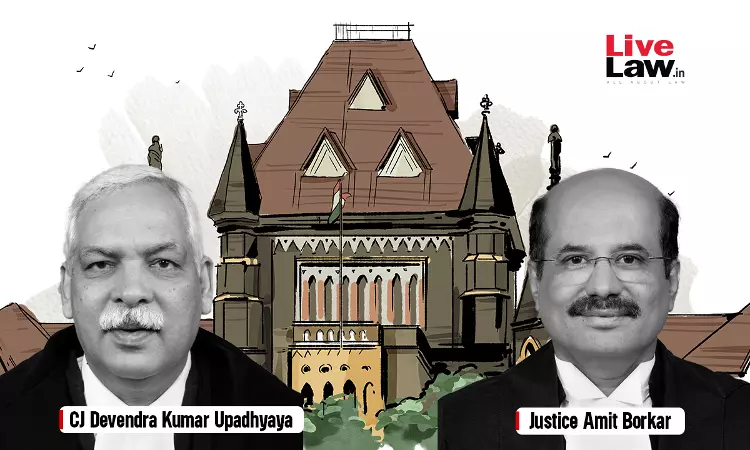The Bombay High Court has restrained the Maha Vikas Aghadi (MVA) from carrying out a state-wide 'bandh' in Maharashtra tomorrow (24 August).The bandh was called by the MVA, a political coalition of Congress, NCP (Sharad Pawar Faction) and the Shiv Sena (Uddhav Thackeray Faction) to protest the sexual assault of two minor kindergarten girls in a school at Badlapur in Thane. A Public...

